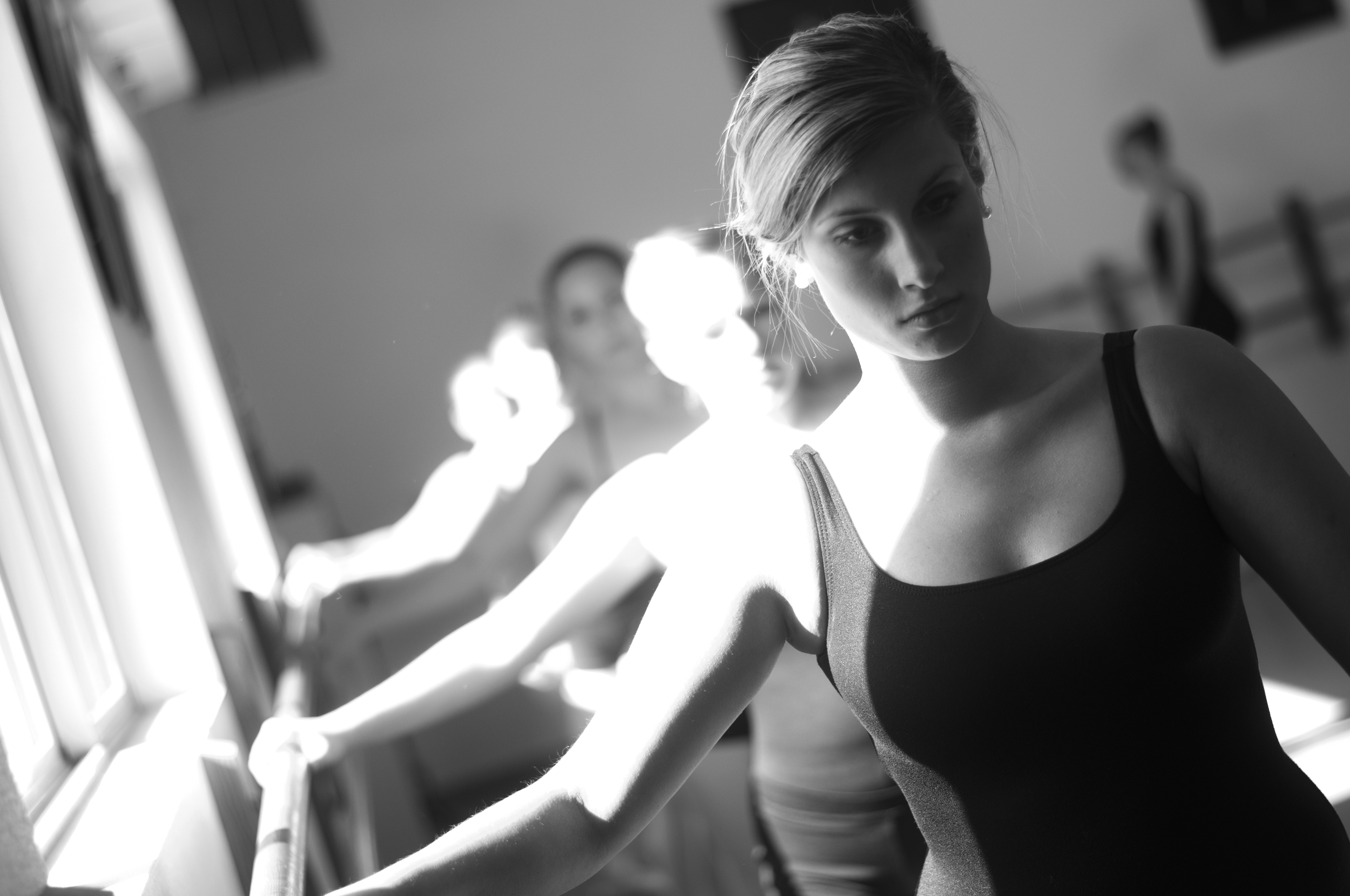There's no "fair" in dance competition
/Dance competitions are a tricky thing. Now between you and me, I have a dirty little secret. I don't love competitions. I know that as a tried and true dance teacher, and coming from an award-winning studio, I should sing their praises. And don't get me wrong, I can tell you a lot of great things that happen at competition. Life lessons are learned, dancers have the opportunity to be exposed to other dancers, they get professional feedback about dancing - there are plenty of reasons to compete. My dancers do grow from competition experience and I believe that there are benefits to competing. But ultimately, a competition is ranking dancers. Against each other. That is the bottom-line. And there's no way to make it fair. Now I'm all for the competitive spirit, and in athletics it is pretty straight forward. You play a game, there are set rules, someone wins and someone loses. Now in the interests of full-disclosure, I should admit that I was the mom sitting on the sidelines as my son's football team went up 42-0 thinking, "can't they just let the other team get one touchdown?" The few times I muttered such a thought out loud, I got the evil eye from the die-hard sports fans who equated giving up a goal to a mortal sin. So, I guess I don't have that out-for-blood mentality. That said, I understand the concept of winning and losing in sports. Sure, you can argue a call, or think a team played dirty, but for the most part, it's pretty clear cut when someone wins and someone loses. Everyone shakes hands and walks away knowing that this is how the game is played. Not so at a dance competition.
While there is certainly a scoring system in dance, there is just no true way to declare a "winner" in dance. And there's one good reason why - because dance is an art, not a sport. I have seen the same dance, with the same costume, same music, and same dancers "win it all" at one competition and then not place as well at another competition. This is because there are too many incontrollable factors at a dance competition. A judge could feel a connection to one piece of music and not another. Another judge may love tap routines. Another judge may think a song is inappropriate, while a fellow judge has no problem with the content. It is all subjective. It is all out of our control.
Now admittedly, good dancing is good dancing. Judges do their absolute best to be as objective as possible and for the most part, competitions are able to reward great talent. But we've all sat in the audience at one point or another and gone "huh?" when a top routine is announced. This doesn't mean they made a mistake, it doesn't mean that they chose the wrong routine. It means the judges connected to a piece of art in a different way than we did. It would be no different than hanging a set of three paintings on the wall and asking which was the best. Ask 100 different people and you might get a wide range of answers.
At a dance competition, dancers, parents, and instructors can often spend hours replaying every moment of each dance trying to determine why it won, or why it didn't. But the reality is, we may never know. And we don't need to. The idea behind dance is to create a moment on stage that moves people. If we become too consumed by "winning" a competition, then we as instructors begin choreographing to win. This is a mistake for many reasons. First of all, we lose the authenticity of our work. Choreography should come from within, from the hope to express a message that comes authentically from us as artists. If we start guessing what the judges want to see, we are no longer listening to our own voice. Secondly, we can't predict a win. We can create a visually appealing, innovative, creative piece of dance - but we can't guarantee it will win. Our work is not better when you put a diamond, gold, or platinum label on it. The work is the work. If people appreciate it, we succeeded. If the judges are some of those people that appreciate it, so much the better. Third, when dance becomes about winning, we do a disservice to our dancers. They need to know that they are not defined by a trophy. They are not suddenly a better or worse dancer depending on where they are standing in a top ten line up. If they allow outside forces to determine their self-worth, they are setting themselves up for disappointment. Because you can't always win. And life, like dance, isn't fair.

